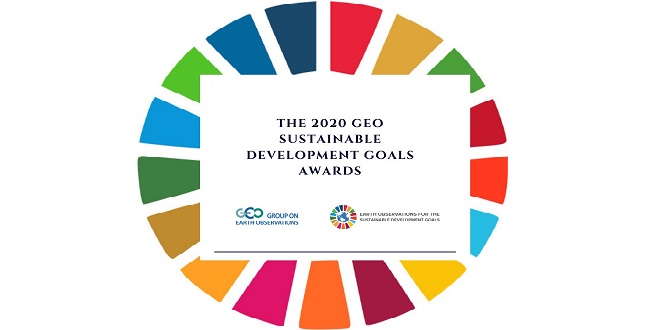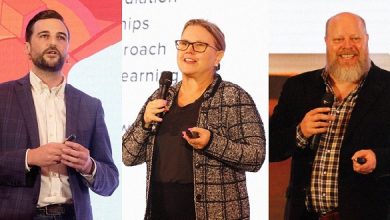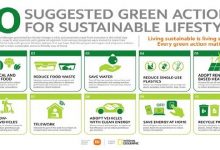
A Filipino startup is recognized globally in developing a dengue hotspot prediction system using satellite and climate data in the 2020 Group on Earth Observations Sustainable Development Goals (GEO SDG) Awards for the Sectoral category, For-Profit.
The Advanced Early Dengue Prediction and Exploration Service (Project AEDES) is one of CirroLytix’s flagship projects developed during the 2019 National Aeronautics and Space Administration’s (NASA) International Space Apps Challenge. Project AEDES process leverages normalized difference vegetation index (NDVI), Fraction of absorbed photosynthetically active radiation (FAPAR), and normalized difference water index (NDWI) readings from Landsat and Sentinel-2 to estimate still water areas on the ground, which is correlated with dengue case counts from national health centers.

The Advanced Early Dengue Prediction and Exploration Service (Project AEDES) combines digital, climate, and remote sensing to nowcast dengue trends and detect mosquito habitats to help pre-empt cases of dengue.
Dominic Vincent “Doc” Ligot, co-founder and chief technology officer of CirroLytix, describes Project AEDES as an “early detection of panics from online searches, anticipating case counts from environment readings, but most importantly pinpointing hotspots from mosquito habitat detection.”
The Pinoy-made dengue mapper tool won the annual international hackathon of NASA globally in the best use of data, the solution that best makes space data accessible, or leverages it to a unique application. Named G.I.D.E.O.N. (Global Impact Detection from Emitted Light, Onset of COVID-19, and Nitrogen Dioxide), this dashboard for policymakers and economic planners shows the impact of COVID-19 on various countries and effects on the economy and environment.
“I am glad that the GEO SDG Awards Panel has selected CirroLytix for an award, recognizing the importance of this work in developing an EO-integrated dengue case predictor mapping system,” according to Dr. Argyro Kavvada, lead for Sustainable Development Goals of the Earth Science Division, NASA’s Science Mission Directorate and executive secretary of the international Earth Observations for the Sustainable Development Goals (EO4SDG).
“These awards really could stand as an inspiration to all of us about what can be done, and what needs to be done to ensure that Earth-observations contribute to make our world a better, and more sustainable place,” said Lawrence Friedl director of the Applied Sciences Program of the Earth Science Division, NASA’s Science Mission Directorate and co-chair of EO4SDG.

2020 GEO SDG Awardees together with Dominic Vincent “Doc” Ligot, co-founder and chief technology officer of CirroLytix
The Undersecretary for Competitiveness and Innovation of the Department of Trade and Industry (DTI) Dr. Rafaelita “Fita” M. Aldaba heartfeltly congratulates CirroLytix. “It’s indeed a blessing amid this pandemic and economic crisis that we are currently faced with,” she said.
To be recognized by not just one, but five space agencies is something has not yet been achieved by Filipinos, how much more of a multitude of countries and nations supporting the sustainable development goals of the United Nations?” Our Filipino winners of Space Apps and GEO SDG Awards have taught us how these space technologies greatly help in addressing epidemics and the economic impact of COVID-19, It time to give them recognition and respect because they are Filipinos like us.” Winners shall be invited to visit NASA once travel is deemed safe, but unfortunately, travel, meals and incidental expenses, and accommodation expenses are not provided.
On the other hand, Cirrolytix encourages the use of data in addressing social problems and issues surrounding the Bangsamoro region. Together with the Asia Foundation and Data Ethics PH, the online Bangsamoro Data Challenge invites ages 15 years old and above to develop data-driven solutions in helping the region. Deadline for registration is on Saturday 11:59 pm, November 21, 2020 at https://barmm.opendata.org.ph/
The Group on Earth Observations (GEO) is a partnership of more than 100 national governments and in excess of 100 participating organizations that envisions a future where decisions and actions for the benefit of humankind are informed by coordinated, comprehensive, and sustained Earth observations.






